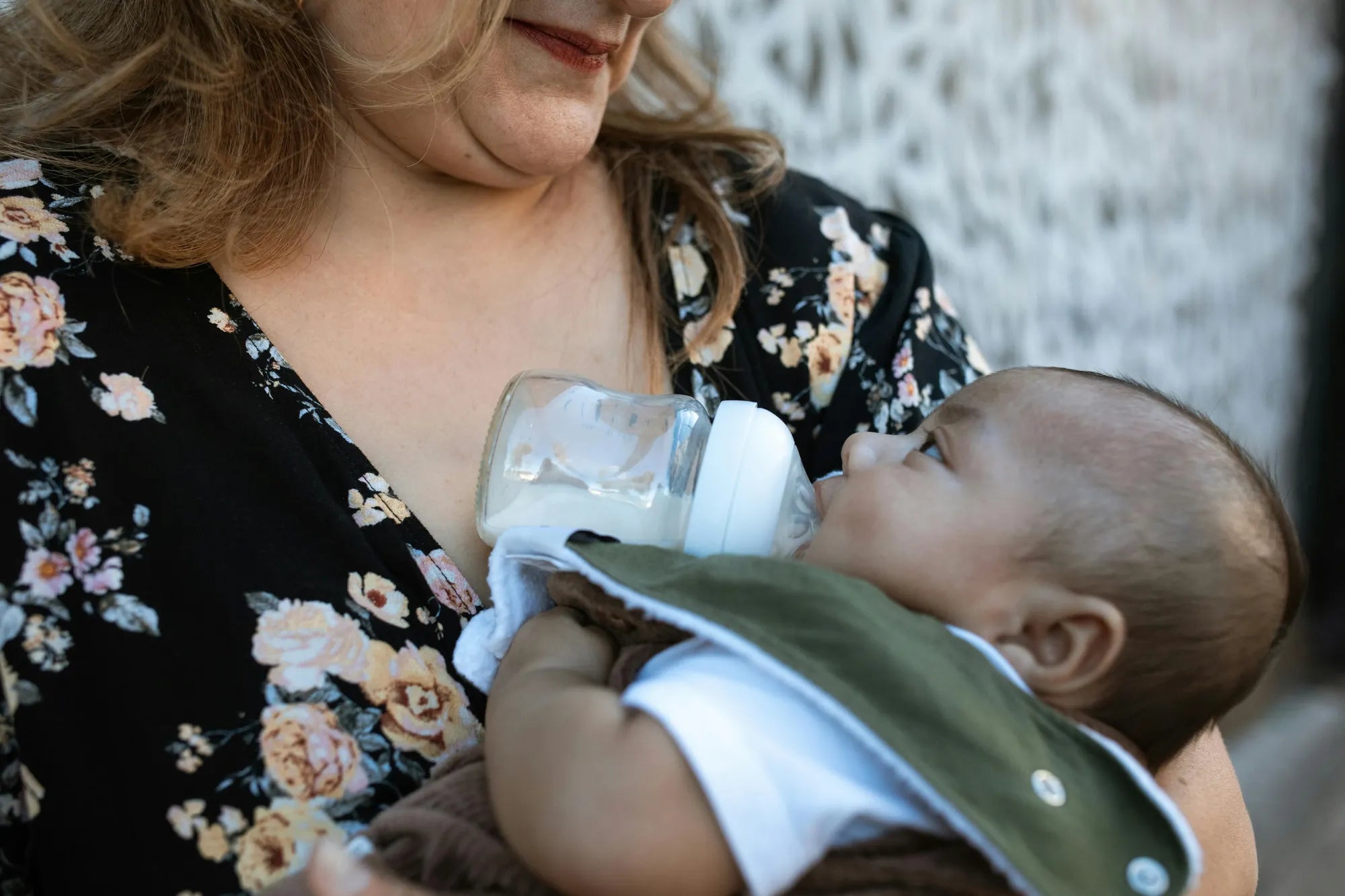Home
Pregnancy, Breastfeeding, and Pumping: The Ultimate Guide for Moms
How Long Can Freshly Pumped Breast Milk Be Left Out: A Comprehensive Guide

How Long Can Freshly Pumped Breast Milk Be Left Out: A Comprehensive Guide
When it comes to feeding your baby, ensuring the safety and quality of breast milk is paramount. One of the most common questions new parents have is, how long can freshly pumped breast milk be left out? Understanding the proper storage and handling of breast milk can help you make informed decisions and keep your baby healthy.
Understanding Breast Milk Storage Guidelines
Breast milk is a living substance that contains antibodies, enzymes, and nutrients essential for your baby's growth and development. However, it is also susceptible to bacterial growth if not stored properly. The general rule of thumb is that freshly pumped breast milk can be left out at room temperature for up to four hours. This timeframe can vary depending on the room's temperature and humidity levels.
Factors Affecting Breast Milk Storage
Several factors can influence how long breast milk remains safe to use when left out:
- Room Temperature: Breast milk can be left out for up to four hours in a room that is 77°F (25°C) or cooler. If the room is warmer, the milk should be used within two hours.
- Humidity: High humidity can accelerate bacterial growth, so it's essential to store breast milk in a cool, dry place.
- Exposure to Light: Direct sunlight or bright indoor lighting can degrade the nutrients in breast milk. Always store it in an opaque container or a dark place.
Best Practices for Storing Freshly Pumped Breast Milk
To ensure the safety and quality of your breast milk, follow these best practices:
- Use Clean Containers: Always use sterilized bottles or storage bags designed for breast milk. This helps prevent contamination.
- Label and Date: Clearly label each container with the date and time the milk was expressed. This helps you keep track of how long it has been stored.
- Store in Small Portions: Storing breast milk in small portions (2-4 ounces) reduces waste and makes it easier to thaw only what you need.
- Refrigerate or Freeze Promptly: If you don't plan to use the milk within four hours, refrigerate or freeze it immediately. Breast milk can be stored in the refrigerator for up to four days and in the freezer for up to six months.
Signs That Breast Milk Has Gone Bad
It's crucial to recognize the signs that breast milk may no longer be safe to use. Some indicators include:
- Unpleasant Odor: Spoiled breast milk often has a sour or rancid smell.
- Change in Color: While breast milk can vary in color, a significant change, such as turning yellow or brown, may indicate spoilage.
- Separation: It's normal for breast milk to separate into layers, but if it remains clumpy after shaking, it may be spoiled.
Tips for Safely Using Left-Out Breast Milk
If you find yourself in a situation where breast milk has been left out longer than recommended, consider the following tips:
- Smell and Taste Test: If the milk smells and tastes fine, it may still be safe to use. However, when in doubt, it's better to err on the side of caution and discard it.
- Use for Other Purposes: Spoiled breast milk can still be used for baths or as a skin moisturizer for your baby.
- Plan Ahead: To avoid wasting breast milk, plan your pumping schedule and storage needs in advance.
Common Myths About Breast Milk Storage
There are several misconceptions about storing breast milk that can lead to confusion. Let's debunk some of the most common myths:
- Myth 1: Breast milk can be left out indefinitely if it's in a clean container. Fact: Even in a clean container, breast milk can spoil if left out too long.
- Myth 2: Refrigerated breast milk doesn't need to be used within four days. Fact: Refrigerated breast milk should be used within four days to ensure its safety and quality.
- Myth 3: Frozen breast milk never expires. Fact: While frozen breast milk can last up to six months, it's best to use it within this timeframe to maintain its nutritional value.
Final Thoughts on Breast Milk Storage
Properly storing and handling breast milk is essential for your baby's health. By following the guidelines and best practices outlined in this article, you can ensure that your baby receives the best possible nutrition. Remember, when it comes to breast milk, it's always better to be safe than sorry.
By understanding how long freshly pumped breast milk can be left out and implementing these storage tips, you can confidently provide your baby with the nourishment they need. Stay informed, stay prepared, and most importantly, enjoy the bonding experience that breastfeeding brings.
Share


